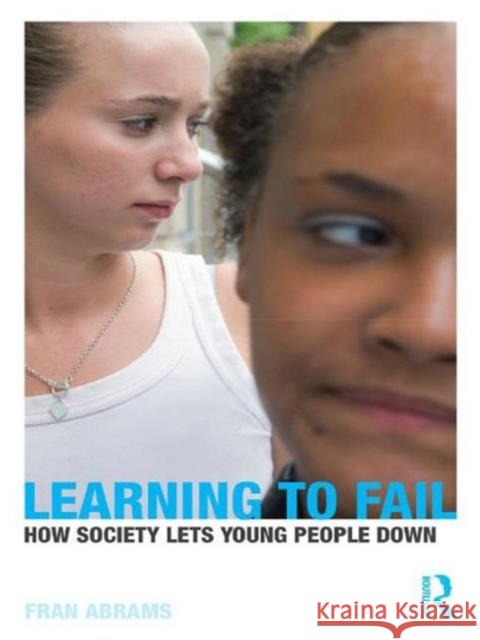Learning to Fail: How Society Lets Young People Down » książka
Learning to Fail: How Society Lets Young People Down
ISBN-13: 9780415483957 / Angielski / Twarda / 2009 / 184 str.
Learning to Fail: How Society Lets Young People Down
ISBN-13: 9780415483957 / Angielski / Twarda / 2009 / 184 str.
(netto: 676,35 VAT: 5%)
Najniższa cena z 30 dni: 654,86
ok. 16-18 dni roboczych.
Darmowa dostawa!
During a decade of relative prosperity from the mid-1990s onward, governments across the developed world failed to crack one major issue youth unemployment. Even when economic growth was strong, one young person in 10 in the United Kingdom was neither working nor learning. As the boom ended, the number of young people dropping out after leaving school already acknowledged to be too high - began to rise at an alarming rate. As governments face up to the prospect of a new generation on the dole, this book examines the root causes of the problem. By holding a light to the lives and attitudes of eight young people, their families, their teachers and their potential employers, this book will challenge much of what has been said about educational success and failure in the past 20 years. For two decades, policy makers largely assumed schools were the key to ensuring young people got the best possible start in life. Yet for many children the path to failure began well before their first day at school. Through the stories of these young people, this book reveals how marginalised young people are let down on every step of their journey. Growing up in areas where aspiration has died or barely ever existed, with parents who struggle to guide them on life in the 21st century, they are let down by schools where teachers underestimate them, by colleges and careers advisers who mislead them and by an employment market which has forgotten how to care or to nurture. Learning to Fail goes behind the headlines about anti-social behaviour, drugs and teenage pregnancy to paint a picture of real lives and how they are affected by outside forces. It gives a voice to ordinary parents and youngsters so they can speak for themselves about what Britain needs to do to turn its teenage failures into a success story."
A major part of this book's focus will be on the part played by poverty and community breakdown in causing young people to drop out. The book will look closely, too, at parental attitudes. Expectations - high and low - have been shown repeatedly in research studies to be a key determinant of how a child will fare at school. These factors have long been established as major determinants of educational success or failure, but this book will also examine some more modern phenomena. What, for example, is the real influence of youth culture, of the television and of the media? In this fast-changing world, are young people left struggling without clear guidance on what they can really expect to achieve, and what they have to do to achieve it?
Blending interviews with those most closely affected together with views from key commentators and experts the author creates a vivid picture of a system and societal failure … a failure both that is at once both embarrassing and avoidable.











